The Story of ISLA: Redefining International Surf Lifesaving Development
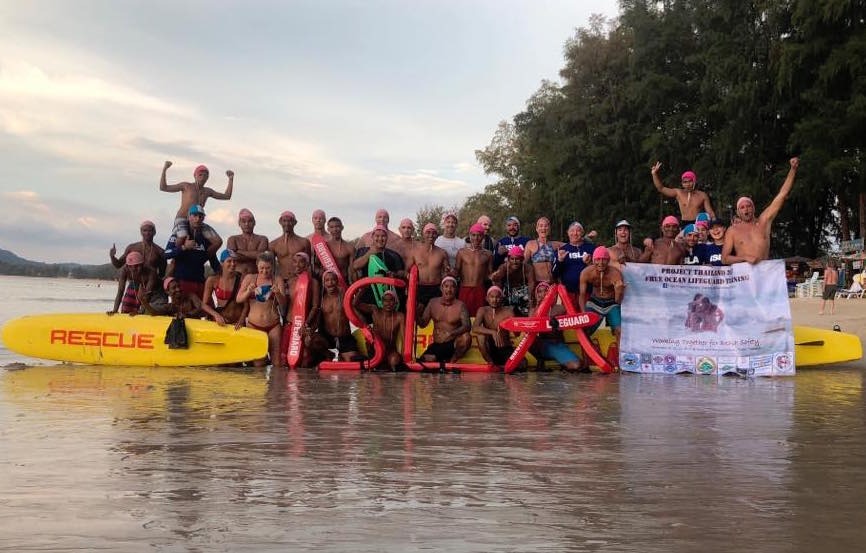
Have you and your friends dreamed about traveling the world, catching waves at underground surf breaks, sightseeing, enjoying the nightlife, and all while sharing your lifesaving skills?… A type of International ambassador for lifeguarding? If so, your idea is ready to be put into action because that’s exactly how the International Surf Lifesaving Association (ISLA) got started, and ISLA has a place for you in its ranks of humanitarian lifeguards.
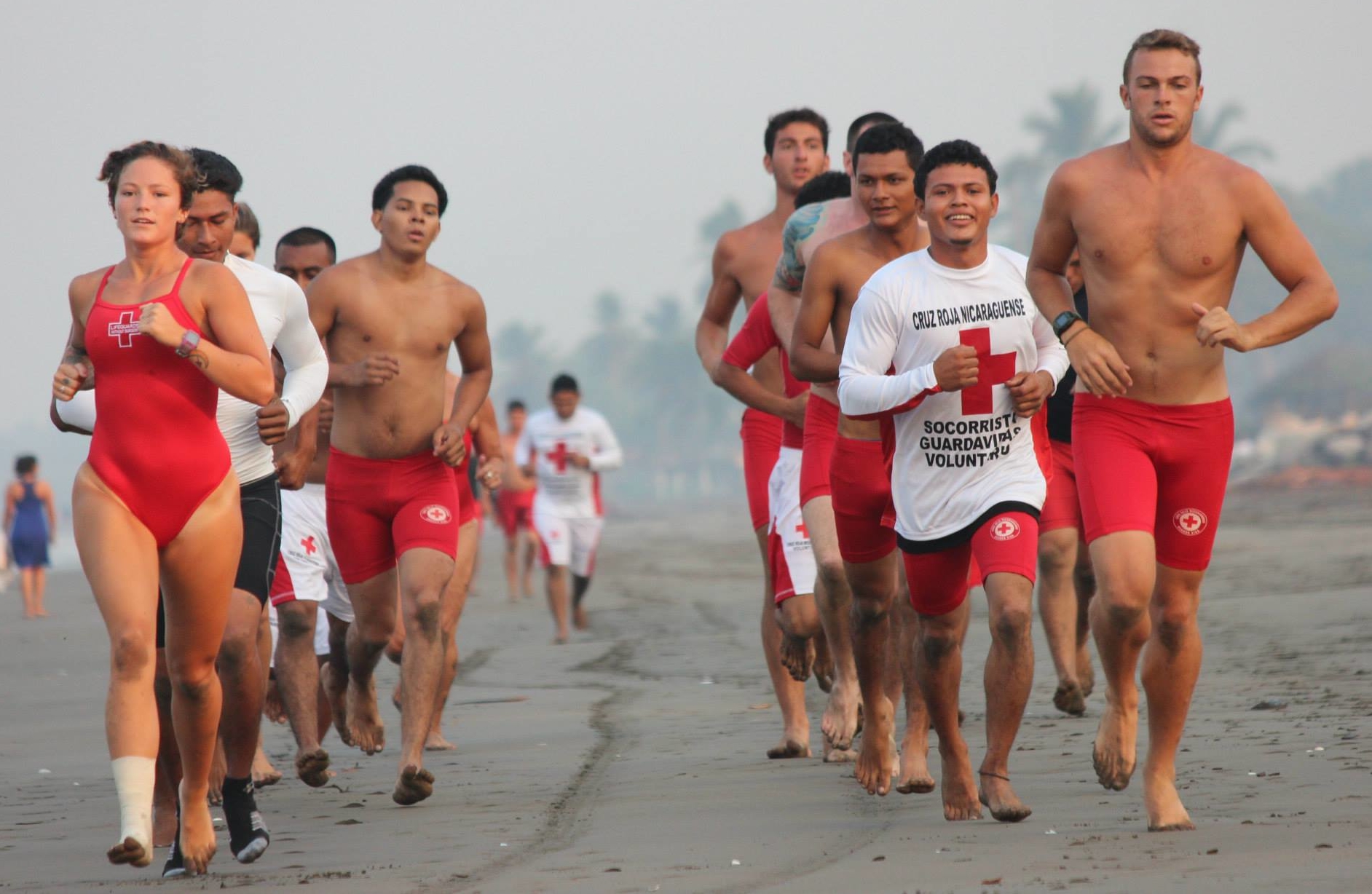
“ISLA’s mission is to advance professional lifesaving development in places of need. We’re a action driven organization that’s guided by our infamous mantra: “Safety third! ”. We adventure the globe with a purpose, seeking to share life and help protect it. – Alexis Ryder, ISLA Volunteer
ISLA’s origin sounds more like a Hollywood movie than your typical start-up charity story. In 2008, and with the help of a do-it-yourself nonprofit incorporation book, four Jr. Lifeguard instructors from the city of Huntington Beach (California, USA) founded ISLA. For their first fundraiser, the ISLA Co-founders rode their bicycles across the country to raise awareness for their cause, speaking at universities, media outlets, and of course bars along their 5,310km adventure. Having raised some funding they sent seven volunteer lifeguards to Nicaragua to assist the Red Cross during their peak Easter Holiday, where over sixty people drown every year during the four-day celebration. The humanitarian operation was a success and the ISLA team had over one hundred rescues, and one drowning resuscitation. After Operation Nicaragua, word started to spread on social media, and lifeguards from around the USA started to join in on the action.
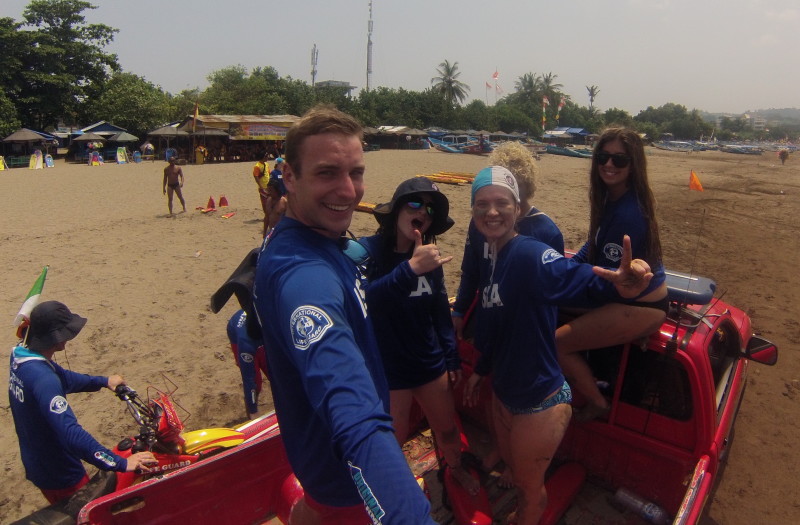
Things really started moving when ISLA entered a facebook voting contest in 2012. Two of the ISLA Co-founders Olin Patterson, and Henry Reyes were almost arrested for trespassing for walking into local radio and television stations in an attempt to get on the air in order to get more votes for the contest. Needless to say the audacity of the Co-founders excited the ISLA fanbase to vote, and the organization was awarded a $10,000 grant.
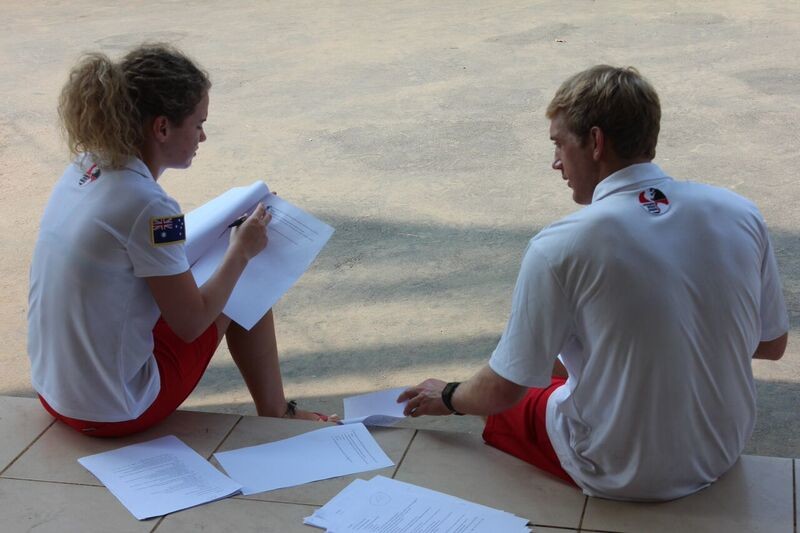
“We did whatever it took to get on the air. I even bought some flowers and pretend to be a delivery person in order to meet the radio shows producer. We didn’t get on the airwaves that day, but the producer was so impressed by the gesture, and our passion for lifesaving, that she scheduled us an interview the next week!” – Olin Patterson, ISLA Co-founder
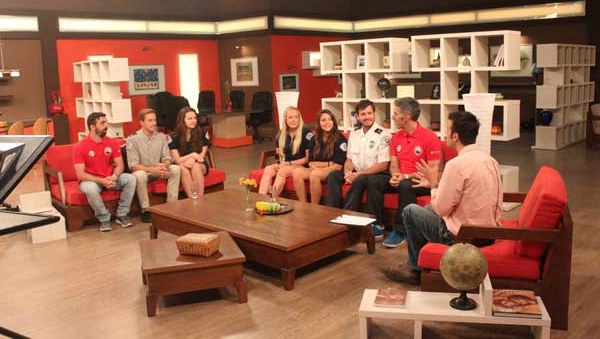
Knowing that ISLA needed more than just buzz to be taking seriously by the drowning prevention community, the ISLA Administrators decided to put their computer skills work by developing a prototype of the first Global Drowning Tracker (GDT). Although ISLA never received the funding needed to create the version of GDT that they envisioned, they began to receive awards to speak and showcase the GDT at drowning prevention conferences around the USA. ISLA even presented the GDT at a congressional hearing in Washington DC. Even the President of the United States recognized some of ISLA’s administrative volunteers by awarding them the President’s Volunteer Service Award.
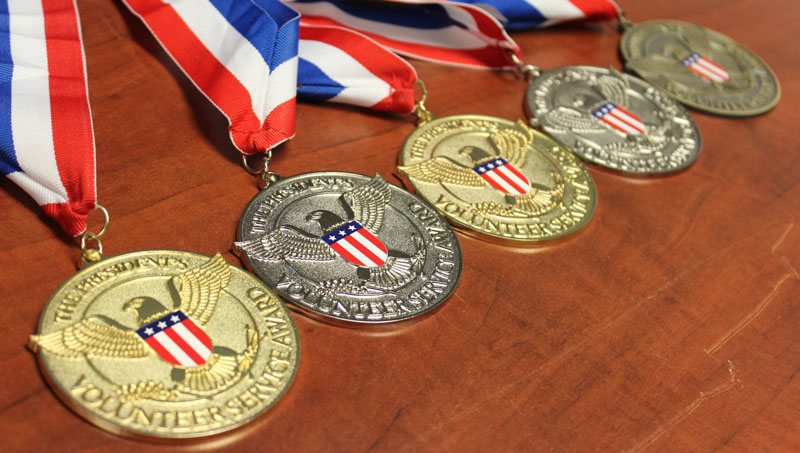
“Externally, people only see the lifeguarding side of ISLA, no one realizes that we develop our own information systems to manage our data for all our humanitarian projects.” – Michael Lopez, ISLA Developer/Administrator
On the internal side of ISLA, things couldn’t have been worse as ISLA was out of funds, and emails had been pouring in from countries requesting ISLA’s Basic Open Water Lifeguard course that was developed and tested during projects in the Dominican Republic & Nicaragua. With ISLA on the brink of collapse, and in need of self-sustaining business model, Henry and Olin came up with a plan, they maxed out their credit cards and began to purchase advertising on social media in order to recruit volunteers for ISLA Operations. The ads stated that ISLA Operation Applicants would need to pay for their own airfare and also pay a “trip donation” to ISLA in order to cover the operations expenses. Applications started coming in from lifeguards in Australia, Canada, Ireland, UK, and and all around the globe. The marketing strategy had worked, as the advertising also communicated ISLA’s winning, looking good, safety 3rd attitude. The ISLA operations themselves, now became the fundraises for the operations!
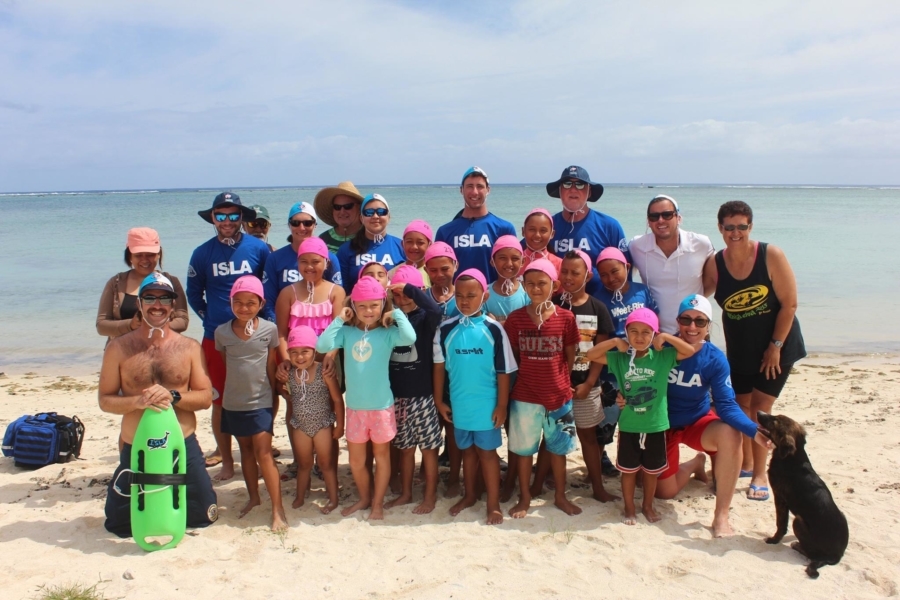
“Our operation volunteers aren’t just ISLA’s “boots on the ground” workforce, they are also financial donors. Not only are they donate their time, but they also put their money where their hearts are. That’s what makes them so special!” – Henry Reyes, ISLA Founder & President.
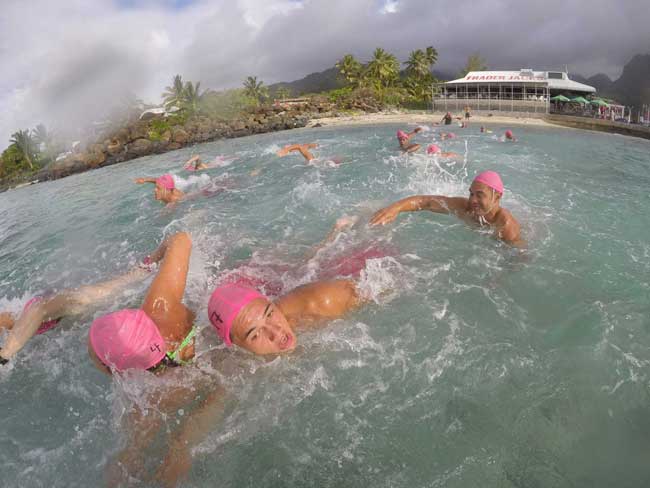
ISLA had only conducted six operations before it launched its sustainable charity business model. With the funding model in place, and under the medical direction of Dr. Justin Sempsrott, ISLA teams have been dispatched to six continents around the globe (no aid has been requested in Antarctica). ISLA even dispatched several teams of lifeguards in 2016 to assist with the refugee crisis in Greece as many families were drowning in the Mediterranean sea as they attempted to flee war zones in Asia.
In response to requests for equipment and training, ISLA currently conducts 4-6 humanitarian surf lifesaving operations per year. Over 400 lifeguards from various countries around the world have been deployed as ISLA volunteers. Applications are currently open for ISLA’s 64th project to date, which takes place in India.
“You’d never know it from the impact of our operations, but ISLA is actually a small grassroots charity that’s run from a backyard garage! From the top down, everyone is a volunteer. Even if you can’t go on an ISLA trip at the moment, you can still support the cause by becoming an ISLA member.” Julia Sanchez – ISLA Director.
HOW TO JOIN ISLA:
Sign up to our newsletter below
Become an ISLA Member (Members receive $100 discount on humanitarian operations)
Apply for an upcoming operation
MINIMUM REQUIREMENTS:
Must be at least 18 years of age
Pass a background investigation
THE SELECTION PROCESS:
All applicants will be reviewed and only those candidates determined to be most qualified for the position on the basis of experience, training and education. Administrative positions are always available on projects, you do NOT need to be a lifeguard, public safety, or medical professional to be accepted on an ISLA project.